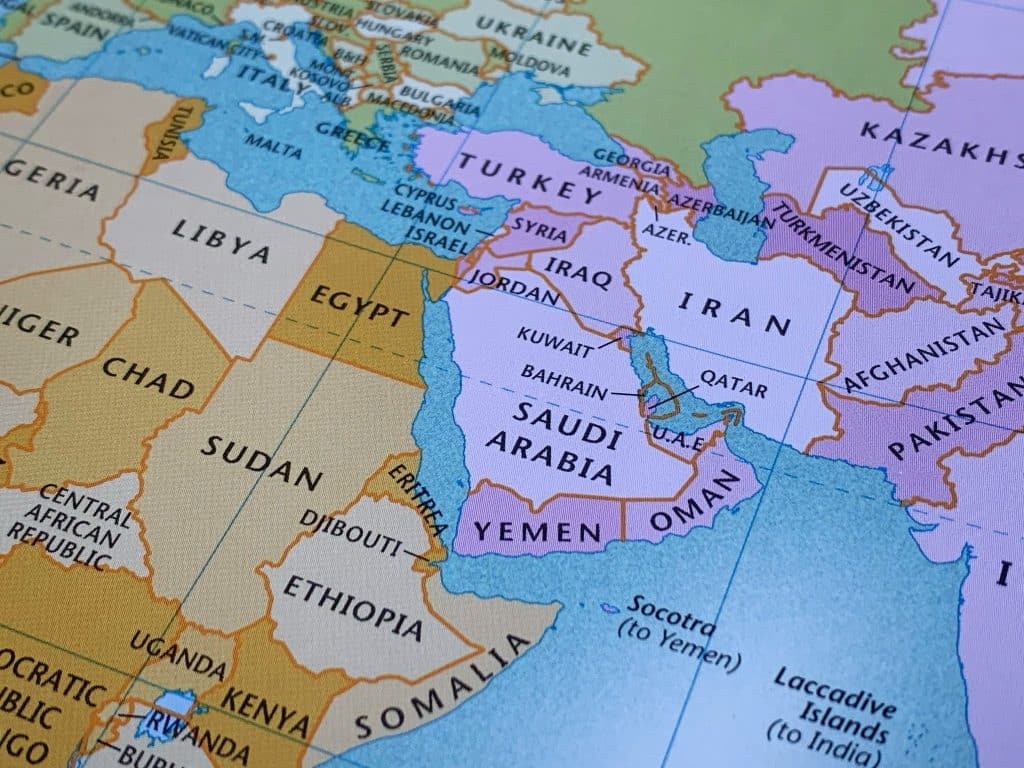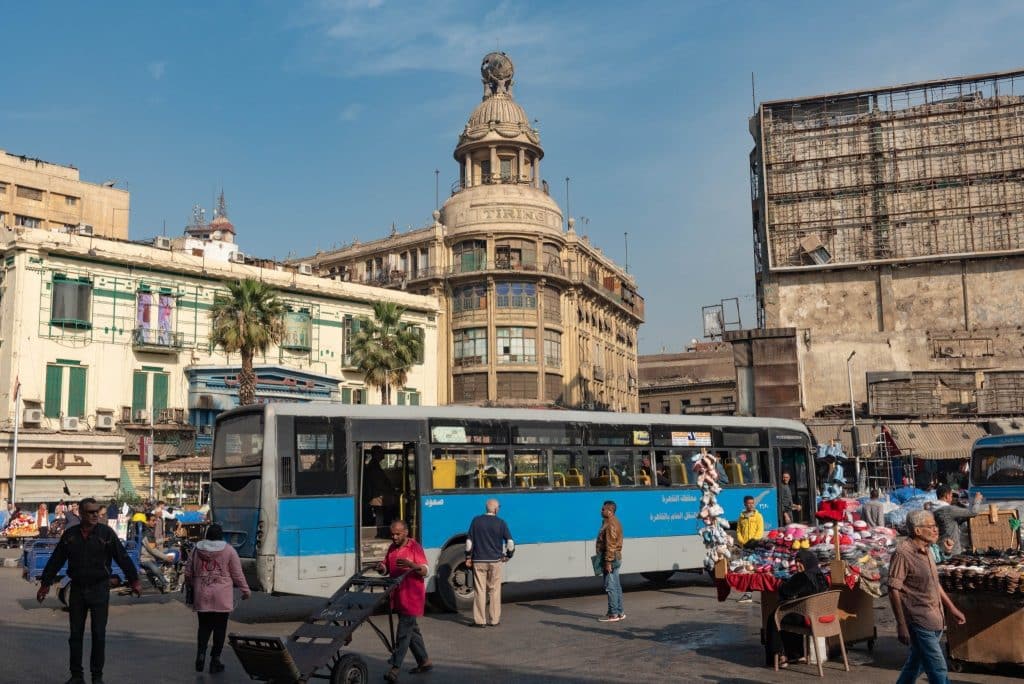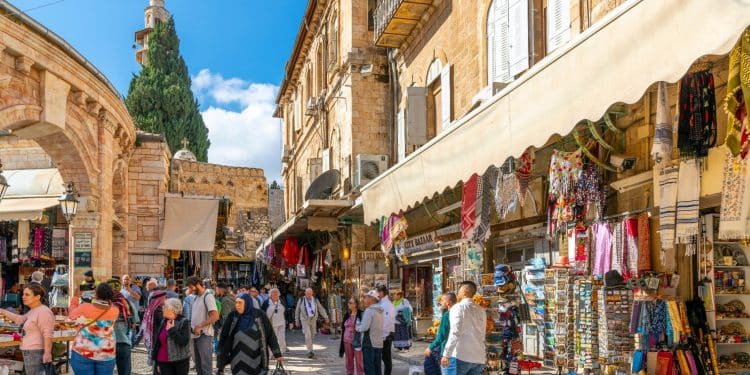Traveling through the Middle East can be both thrilling and affordable if you know how to stretch your money wisely. Your Middle East travel budget determines not just where you go but also how deeply you experience each destination. From bustling souks in Cairo to serene deserts in Jordan, the region offers plenty of unforgettable moments without emptying your wallet.
With some smart planning, you can manage expenses, avoid overspending, and still embrace the culture, food, and adventures that make the Middle East unique. Let’s explore how to maximize every dollar of your Middle East journey.
Understanding Your Middle East Travel Budget
The first step to making the most out of your trip is knowing what your Middle East travel budget should cover. Accommodation, transport, food, and activities vary widely across the region. Countries like Egypt and Jordan tend to be more affordable, while destinations such as the UAE and Qatar can quickly increase your spending.
Plan for:
- Accommodation: Hostels and guesthouses are budget-friendly in Egypt, Turkey, and Jordan. In Dubai or Doha, expect higher costs even for mid-range stays.
- Food: Street food and local eateries keep prices low. Fine dining and international restaurants raise expenses fast.
- Transport: Buses and shared taxis cost less than private tours or flights.
- Attractions: Ancient sites and museums sometimes have minimal fees, while desert safaris or luxury yacht rides can drain your wallet.
Balancing these categories ensures your Middle East travel budget doesn’t collapse halfway through your trip.

Accommodation Choices That Save Money
Hotels aren’t your only option when traveling in the Middle East. If your Middle East travel budget is tight, look into alternatives. Hostels in Istanbul or Amman provide comfortable stays for a fraction of hotel prices. Airbnb and guesthouses often give you a chance to connect with locals while saving money.
Couchsurfing is another option for adventurous travelers, offering both free accommodation and cultural exchange. On the other end, capsule hotels and budget chains in cities like Dubai or Abu Dhabi are beginning to appear, making it easier to save even in pricier countries. The trick is to book early, especially during peak travel months like December and April, when affordable options fill up quickly.
Food: Eat Local, Save Big
One of the joys of traveling the Middle East is tasting authentic food without spending a fortune. Falafel, shawarma, koshari, and manakeesh can all be found at street stalls for a few dollars. This approach keeps your Middle East travel budget manageable.
Skip tourist-trap restaurants where prices are inflated. Instead, eat where locals eat. In Turkey, a full meal at a lokanta can cost less than $5. In Egypt, koshari shops feed you for under $2. Even in Dubai, exploring smaller districts like Deira reveals hidden gems at wallet-friendly prices.
Food markets and street vendors not only save money but also immerse you in local flavors. Stretching your Middle East travel budget here often means more meals for less, leaving room to splurge occasionally.
Free and Low-Cost Attractions
A smart Middle East travel budget isn’t just about cutting costs; it’s about finding value. Many iconic experiences cost little to nothing.
- The Pyramids of Giza do require an entry fee, but wandering Khan el-Khalili bazaar in Cairo is free.
- In Istanbul, marveling at the Hagia Sophia is free, and strolling the Bosphorus waterfront costs nothing.
- Hiking in Jordan’s Dana Biosphere Reserve lets you explore nature without expensive tours.
- Beaches in Lebanon and Turkey are often public and free to access.
Balance pricey attractions like Petra or a desert safari with free cultural activities to keep your Middle East travel budget intact. Check more practical tips at Travel on a Budget.
Transportation Hacks Across the Region
Transport costs can make or break your Middle East travel budget. Taxis and private drivers are common, but they are rarely the cheapest choice. Public transport is often reliable and cheap in cities like Istanbul, Cairo, and Amman. Metro systems in Dubai and Doha are modern, clean, and far less expensive than taxis.
If traveling between countries, budget airlines like Flynas, Air Arabia, or Pegasus Airlines often offer deals. For shorter distances, buses are cheaper and surprisingly comfortable. In Jordan, the JETT bus connects major cities affordably. Hitchhiking is not widely practiced, but in rural areas of Turkey or Lebanon, locals may offer rides.
Planning transport in advance helps prevent last-minute spending that eats into your Middle East travel budget.

Mixing Luxury and Budget Experiences
Sometimes it’s worth splurging. The key to stretching your Middle East travel budget is knowing when. You might save on food and transport so you can spend on a hot-air balloon ride over Cappadocia or a guided tour of Petra.
Many cities allow you to enjoy a taste of luxury without breaking the bank. Afternoon tea at the Burj Al Arab in Dubai is a once-in-a-lifetime experience, even if you can’t stay the night. Similarly, hammam visits in Turkey range from budget-friendly local baths to high-end spas. Splurging strategically ensures your travel memories stay rich, even if your budget stays controlled.
Using Travel Hacks to Save More
Stretching a Middle East travel budget is easier with clever travel hacks. Always compare flights with tools like Skyscanner or Google Flights. Travel overnight by bus or train to save on accommodation. Use local SIM cards for cheaper internet instead of international roaming.
Timing also matters. Traveling off-season saves big on flights and hotels. For example, avoid Dubai in December or Cappadocia in summer if you want lower prices. Carry a refillable water bottle where tap water is safe, cutting down small daily expenses. More tips like that can be found here at our Travel Hacks section.
Digital Nomad Angle: Long-Term Savings
If you’re working remotely, your Middle East travel budget stretches differently. Long stays in cheaper countries like Egypt or Turkey mean monthly rentals and local SIMs lower your costs. Digital nomads often discover hidden cafes and coworking spaces that are cheaper than in Western hubs.
The region also offers unique opportunities for balance. Work mornings in a café in Beirut, then explore the city after hours. Or base yourself in Amman with a reliable internet connection and take weekend trips to Petra or Wadi Rum. Long-term living shifts your spending from short-term splurges to steady, sustainable budgeting. Explore more insights here at our Digital Nomad section.
Epic Destinations Worth the Spend
Even with a strict Middle East travel budget, some destinations are worth every penny. Petra in Jordan, the Pyramids of Giza in Egypt, Cappadocia in Turkey, and the Sheikh Zayed Grand Mosque in Abu Dhabi all deserve their spot on your list.
These epic sites may carry entry fees, but they are experiences that define your trip. The key is balance; mix costly destinations with free city walks, cultural festivals, and markets. This way, your Middle East travel budget supports both the bucket-list adventures and the everyday magic. Get inspired at our Epic Destinations section.
Budgeting Tools and Apps
Keeping track of expenses is crucial for your Middle East travel budget. Apps like Trail Wallet, TrabeePocket, or even Google Sheets help you log spending daily. Categorize into food, accommodation, transport, and activities.
Small oversights like daily coffee purchases or impulse souvenirs add up fast. When you track every dirham, lira, or pound, you notice patterns and correct them. This practice not only saves money but also brings peace of mind during your travels.

Cultural Tips That Save Money
Understanding local culture helps your Middle East travel budget go further. Bargaining in markets is expected in Egypt, Morocco, and Turkey; tourists who skip it often overpay. Dressing modestly saves you from unnecessary attention and can help you blend in, avoiding tourist traps.
Respecting prayer times, Friday closures, and Ramadan customs can also prevent wasted time and money. Simple gestures like learning basic Arabic phrases often earn goodwill, and sometimes discounts.
Bringing It All Together: Smart Spending in the Middle East
Your Middle East travel budget doesn’t have to limit your journey; it can enhance it. When you plan smart, you experience more for less. Stay in hostels, eat local, balance free attractions with splurges, and track your spending. Use travel hacks, digital nomad strategies, and cultural awareness to stretch your money further.
The Middle East offers adventure, history, and unforgettable memories. With a well-managed Middle East travel budget, you can explore more deeply, worry less about costs, and truly enjoy the journey.
Discover even more travel insights here at Viral Voyage.



